National News Legal
Historic: Chief Justice Sharad Bobde hears ‘Jagannath Rath Yatra’ case from his Nagpur residence
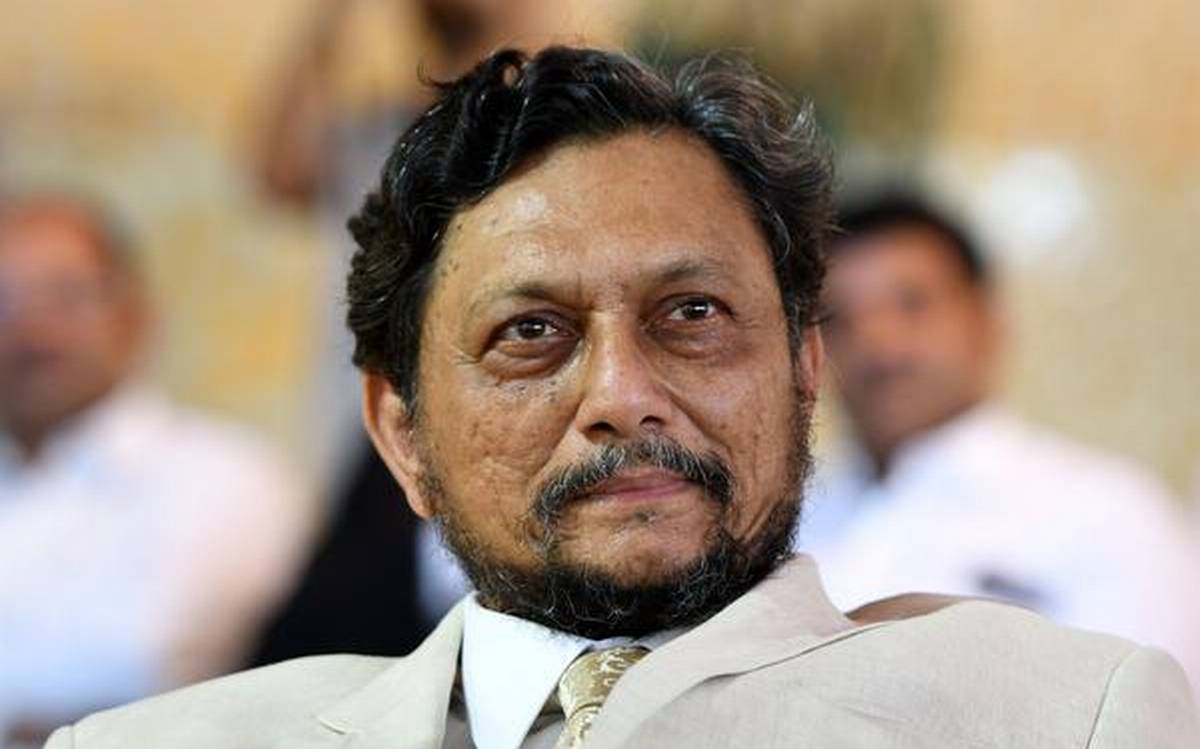
Chief Justice of India Sharad Bobde
Chief Justice of India Sharad Bobde created history on June 22 as he heard the ?Jagannath Rath Yatra? case virtually from his ancestral home in Nagpur. This is the first instance in the history of Supreme Court of India when a hearing was attended by a CJI away from Delhi.
CJI Bobde led the three-judge bench, via video-conferencing, which was arranged by technical experts from High Court and National Informatics Centre (NIC). Through the ruling, the three-judge bench permitted the 238-year-old Jagannath Rath Yatra in Puri to be conducted with strict riders, including curfew in the town to prevent devotees from congregating.
During the hearing, the other two judges – Justice Dinesh Maheshwari and Justice AS Bopanna – were seated in their respective office chambers at the SC in Delhi. Senior advocate Harish Salve, who led the arguments for Odisha Government attended the hearing from London, while Solicitor General Tushar Mehta representing the Union of India argued from his office in Delhi.
The hearing began at around 3:30 pm as CJI Bobde heard prominent lawyers representing various parties, who challenged the apex courts order, passed on June 18, of staying the historic Jagannath Rath Yatra in Puri due to COVID-19 crisis. The hearing lasted for almost 45 minutes.
Reminding the petitioners and respondents about the outbreak of diseases in 18th and 19th century, which had spread like wildfire, due to participation of people in such ritual congregrations, CJI Bobde warned that the situation could turn dangerous if rules made for containing the COVID-19 pandemic were ignored. The SC bench also clarified that the apex court could not micro-manage? the rituals and ?left it to be the wisdom of state, centre and temple management to deal with the issue. The authorities were advised to work in sequence.
Before passing the orders to permit the historic Rathyatra and allowing Odisha Government to take necessary actions, CJI Bobde consulted judges while ordering to switch off mikes of all lawyers and media persons, which created disruptions in the online hearing.
CJI Bobde also restrained the media from reporting the courts decision till the order is signed by all three judges. He commanded the subordinates to type the draft and mail it to Justices Maheshwari and Justice Bopanna for clearance and signature.
CJI Bobde stated that after the assurance, it might be possible to conduct the Rath Yatra in a limited way without public attention. The bench told the state to maintain a record containing details of all those who are to be allowed to participate in Rath Yatra along with details of their medical condition after testing.
Legal
Karnataka High Court says wearing hijab non-essential practice in Islam; upholds ban
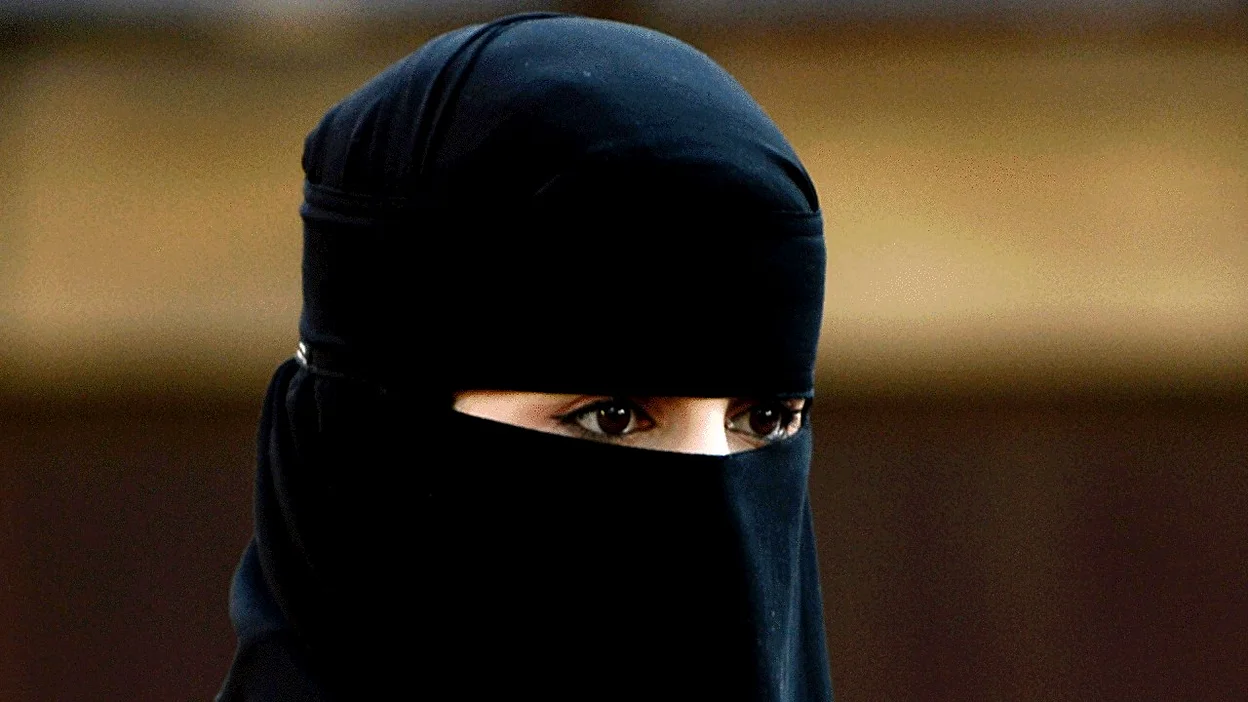
Representational image
The Karnataka High Court on Tuesday upheld hijab ban by dismissing petitions filed by a section of Muslim students from the Government Pre-University Girls College in Udupi seeking permission to wear hijab inside classrooms.
The court upheld the state government ban by saying, The prescription of school uniforms is a reasonable restriction.
The court further said hijab was not an essential religious practice in Islam. However, the petitioners are likely to challenge the ban in the Supreme Court.
“Met my clients in Hijab matter in Udupi. Moving to SC soon In sha Allah. These girls will In sha Allah continue their education while exercising their rights to wear Hijab. These girls have not lost hope in Courts and Constitution,” lawyer Anas Tanwir wrote in a tweet.
The court was answering three key questions on the controversy namely:
1. Whether wearing hijab is an essential religious practice in Islamic faith protected under Article 25?
2. Whether prescription of school uniform is violative of rights
3. Whether government order on February 5 was issued without application of mind and manifestly arbitrary?
A three judge bench comprising Chief Justice Ritu Raj Awasthi, Justice Krishna S Dixit and Justice JM Khazi delivered their verdict on the ongoing hijab controversy at 10.30 am today.
Ahead of the hijab row verdict, Section 144 was imposed in Bangalore and educational institutions remained closed.
Legal
SC grants bail to Rajiv Gandhi’s assassination convict AG Perarivalan jailed for 32 years

Rajiv Gandhi
The Supreme Court, on Wednesday afternoon, granted bail to AG Perarivala, one of the seven convicts in former Prime Minister Rajiv Gandhi assassination case.
However, the remission of his life imprisonment is pending before the President of India. AG Perarivala was serving life sentence and was jailed for almost 32 years.
Granting him bail, the court, in its order, said: Since Perarivalan has already undergone sentence for more than 30 years, we are of the considered view that he is entitled to bail in spite of the vehement opposition by the Additional Solicitor General Additional KM Nataraj.
Legal
Supreme Court to allow journalists inside courtrooms for physical hearing of cases

The Supreme Court of India, on Thursday, October 21, resumed hearing of cases and pleas in the physical mode for the first time since March 2020, when the COVID-19 pandemic broke out in India.
The Supreme Court has recently issued new SoPs for hybrid hearings as per which all cases on Wednesdays and Thursdays to be heard only in the physical presence of the counsels/parties in courtrooms.
Along with this, SC also decided to allow media persons inside the courtroom during the physical hearings. However, journalists would have to strictly adhere to COVID-19 related norms and protocols.
?With the physical hearing in the Supreme Court of India commencing tomorrow (Thursday, 21 October 2021), it has been decided to allow the media persons, subject to usual COVID restrictions, into the courtrooms for covering the proceedings,” said the top court in a press note.
Supreme Court heard cases through video conference since March last year due to the pandemic and several bar bodies and lawyers demanded that the physical hearings should be resumed immediately.
-
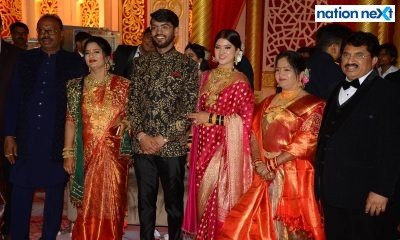
 Social3 years ago
Social3 years agoPoliticians, businessmen shower blessings on Chandrashekhar Bawankule’s son Sanket at his wedding reception
-
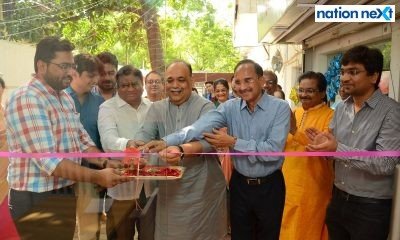
 Social3 years ago
Social3 years agoNagpur gets its first 7 am cafe ‘SEVEN O’ ELEVEN’ at Shraddhanand Peth
-
Health4 years ago
Amphoterecin B, used for treating black fungus, to now be manufactured in Nagpur
-
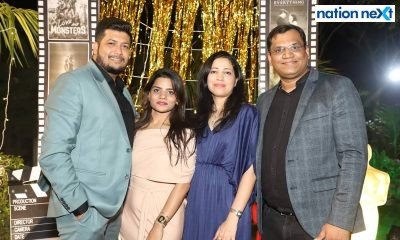
 Parties3 years ago
Parties3 years agoCouples have a blast, win awards at ‘Hollywood Oscar Night’ in Nagpur
-
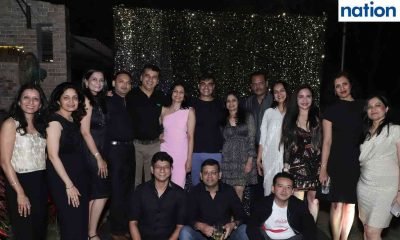
 Parties4 years ago
Parties4 years agoFamily, friends ‘wine n dine’ at Dr Shilpa Mukherji’s birthday bash in Nagpur
-
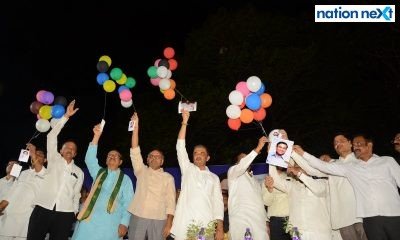
 Social3 years ago
Social3 years agoSunil Kedar kicks off 10-day Late Dr Shrikant Jichkar Memorial Cricket Tournament in Nagpur
-
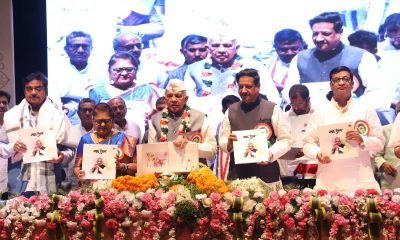
 Politics3 years ago
Politics3 years agoShatrughan Sinha, Prithviraj Chavan grace Ranjeet Deshmukh’s 75th birthday celebrations in Nagpur
-
Who´s Partying Next To You9 years ago
Nagpur brings in 2017 in style at Gondwana Club







